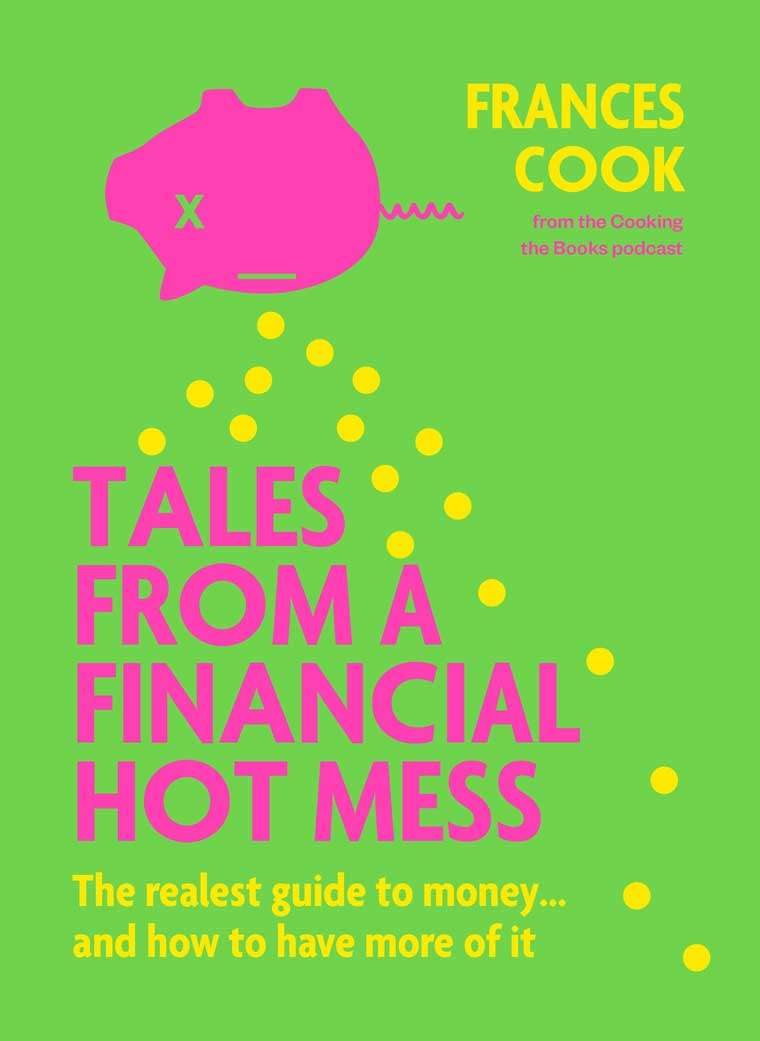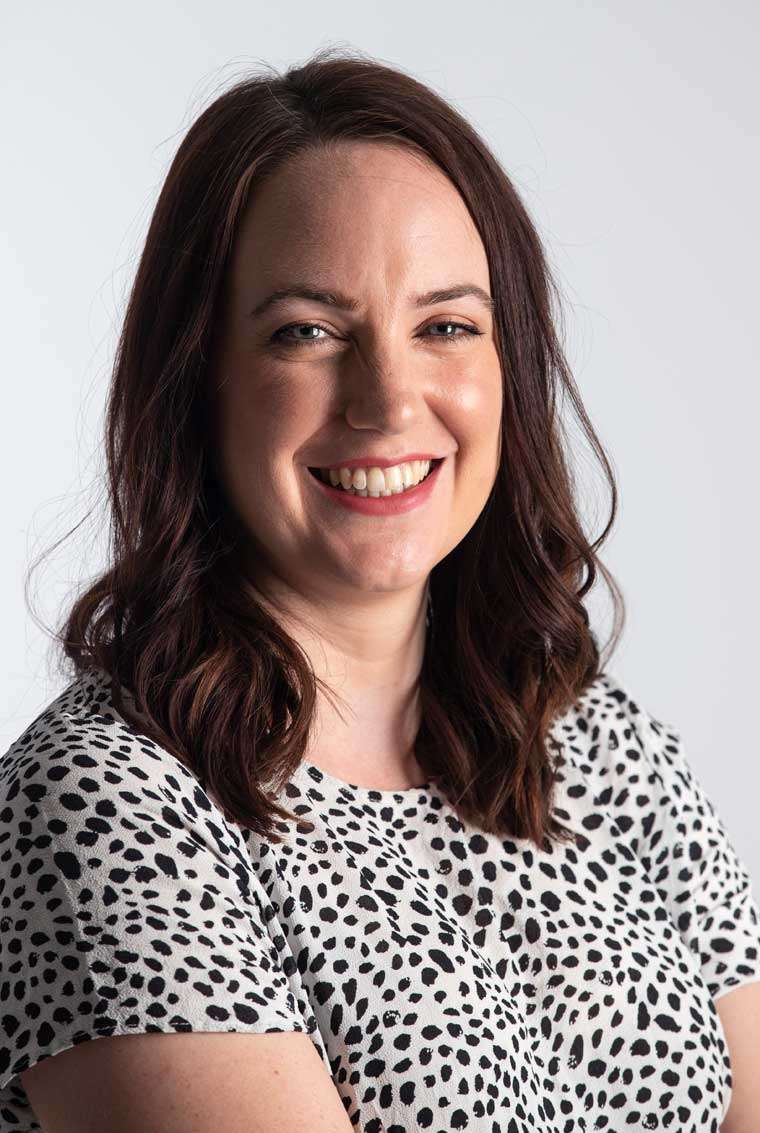In this second extract from her book Tales From a Financial Hot Mess, Cooking the Books host and OneRoof columnist Frances Cook looks at how you can get the best deal from the banks.
- Read the first extract from Cook's book here - Savings hacks for financial hot messes.
When it comes to negotiating a mortgage with your bank, don’t forget it’s just that – a negotiation. There is some prep work you can do to make yourself look like a good option, and squeeze a better deal out of your bank.
Jose George, general manager of financial comparison agency Canstar NZ, says: "Lenders are always looking to understand your financial position and how attractive you are financially. You need to have been saving up, you need a clear idea of your income and your outgoings. There is a little bit of flexibility in terms of what size of deposit a bank will accept, but not much, so you need to look really attractive financially.
Start your property search
"Make sure you’ve paid down any debt, any outstanding bills. You can have some debt, but make sure it’s clear you have it under control and you’re paying it off. As part of that, a few months before you reach the application stage, don’t take on any new borrowing, no new credit cards. You don’t want to appear as someone who is credit hungry.
"This sounds obvious sometimes, but you should show you’ve thought of the additional expenses that come with owning a home – the insurance, council rates, home repairs.
"Check what it might look like if interest rates went up 1 or 2 per cent. We’ve had such a long period of low interest rates, some of us have forgotten that they’re not here to stay. If the interest rates change, you need to know that you won’t sink."
Rupert Gough, from Mortgage Lab, says if you are regularly late paying your utilities bill, that can really count against you, "whereas a few years ago that wasn’t such a measured thing. The number of things that they look at, and the black-and-white tick-box mentality they take sometimes, it can make it more difficult for people who don’t have their finances prepared".

Cook's book, Tales From a Financial Hot Mess.
He says: "It used to be they would expect you to change your habits once you’d bought the house, and live more frugally to pay for everything. But now they’ll say to you, you’re not showing great control with your money, you’re getting Uber Eats a lot, so we’re a bit nervous about what you’ll do once you’re in a house.
"You need to be on your best behaviour at least three months before going to see the bank. You need to start on a good budget today, rather than planning to cut things out once you’re in the house, or, at least, showing that you’ve made a really good effort at correcting things."
It can be a minefield trying to figure out what the best rate is and who you should go with for a mortgage. Don’t just stick with where you currently bank. Remember how compound interest means little investments snowball to become huge? Well, a tiny difference in interest rates between banks can snowball to be tens of thousands of dollars more over the course of a 30-year mortgage. Of course, I’m hoping you’ll pay it off faster than that, but to help you do that, you need the best rate for you.
Most experts recommend only negotiating the interest rates, because those will have the biggest impact on how much you end up paying. Don’t be distracted by little freebies, like the free TVs that were fashionable for a while. A TV is peanuts compared to what an interest rate will save you.
Canstar also has a mortgage calculator tool that you should check out (www.canstar.co.nz/compare/home-loans). I like it because it’s easy, it compares all the banks and Canstar is independent, so you know they aren’t trying to sell you something that doesn’t actually work for you. If you’re not in New Zealand, have a look around for a similar independent comparison. It will be around and it could save you thousands.

Frances Cook says she had to change her spending habits. Photo / Jason Oxenham
Jose says they created the tool because it’s so important to do your homework, but people get overwhelmed. "A lot of people just walk straight into the bank that they’ve always known. Whereas knowledge is strength and power, and you really need to know what’s available in the market.
"Then think, do you want to take advantage of the short-term rates that are usually a little cheaper? Do you want to lock in a five-year deal, so that you have stability? Once you know how long you want, the term, then you can go and negotiate that with the bank."
That’s what people mean when they talk about how you "structure" your mortgage. You don’t just have to put it all on a five-year term. Personally, I decided to split my mortgage into three: one at a good two-year rate, one at a good one-year rate, one that is floating.
The idea with the floating is that, even though the rate changes and can be more expensive, you’re not locked in to paying a certain amount. You can pay extra, but you don’t have to. I keep it as the place where I put any unexpected windfalls, like say, an advance for writing a book. I can pay the mortgage off faster without being locked in to paying at a high rate all the time.
If I just got too advanced and lost you, that’s fine. It took me a while to get my head around the mortgage language, and sometimes I think you only learn by jumping in and starting to do it. Do go and talk to a couple of mortgage brokers, even if you decide not to work with them. They can run you through these options and help you figure out what’s best for you.
When my husband Ben and I decided to save up our deposit, I was already starting to change my relationship with money. I was warned the bank would look at my spending history, and knowing this gave me the extra incentive I needed to keep clamping down on dumb behaviour. I put myself on a cash diet, taking out my spending money for the week, so that I would see it leaving my hands and not be tempted to overspend. Once it was gone, it was gone. There was also no paper trail for a cheeky café visit.
It took a while and, to be honest, it helped that my husband and I were able to pool our resources. Two KiwiSavers together add up to quite a lot. We also took advantage of every bit of help we could, like the KiwiSaver HomeStart grant you can get in New Zealand. The rules change a bit depending on how much you earn and how long you’ve been in KiwiSaver, but you can get up to $10,000. A big leg up. With all of that, we could scrape together a 10 per cent deposit.
We also had a bit of help. I’m reluctant to call us "lucky" for this, but my husband was left some money after his dad died when he was young – so, not lucky really. But the inheritance took us over the line to a 20 per cent deposit. Let me tell you, I know the bank will treat you better once you get over that line. Get there if you can. Suck it up and make yourself look good in other ways if you can’t.
So, we made it – to a little unit on the edge of central Wellington that was all ours. We escaped that pervy landlord. We didn’t have to worry about the lease not being renewed or the house being sold from under us. The money we’d previously paid towards rent went into paying off our home and to a future where we would own the home mortgage-free.
As someone who’d never dreamed of home ownership, I was shocked by how different it felt. I knew the space was my own. I knew I wasn’t going to step out of the shower to find some creep in my kitchen. I knew I could paint the dingy brown walls a beautiful bright white.
I told one of my friends of my surprise at becoming so emotionally attached. She laughed at me and said it was nothing compared to how she’d reacted to getting her own first place.
"I couldn’t sleep for the first month," she said. "I just walked around at night, stroking the walls. I couldn’t believe they were my walls."
- This is an extract from Tales From a Financial Hot Mess by Frances Cook, published by Random House NZ, RRP$35.00. Text © Frances Cook, 2019.










